Description
This is a novel which is difficult to describe because of its complexity. Essentially, it tells the story of a family, but it’s told with flashbacks and fragments in such a way that a reader may easily get lost. Nonetheless, it’s a good sense of being lost, a sense in which one explores new territories and discovers new beauty.
“Poet and painter Plimpton’s fiction debut is a luscious non-narrative map of shifting emotional and physical landscapes born out of the quotidian lives of people, trees, animals, beaches, and more. Plimpton usually makes her way through the book via the eyes of individuals somehow intertwined, but just as suddenly as a world is crafted through Plimpton’s effortless prose, it shifts or disappears entirely. The novel’s vibrant, contoured world grants its every facet a degree of agency—from the effects of domesticity to the weather itself—rendering characters’ inner states via impression as opposed to exposition. What might become tedious in the hands of a less skilled writer is achieved by Plimpton with aplomb—because the book’s constituent elements are at once familiar and capable of unending transformation, the sensation of reading Plimpton’s prose is that of wandering vividly decorated corridors of imagination. Most rewarding is Plimpton’s refusal to inhibit her evolving creations; she allows them to develop perpetually, and then drop delicately away, like a flower’s petals, “fluttered” by the breeze that we feel, but cannot see.” -Publishers Weekly
Sarah Plimpton is a painter and a poet. She divides her time between New York City and France. Her poems and prose have appeared in The New York Review of Books, The Paris Review, and the Denver Quarterly, among other magazines. A collection of poems has been translated into French, L’Autre Soleil, and published by LeCormier, Belgium. Her paintings and artist’s books are in various museum collections including the Whitney Museum of American Art, the Museum of Fine Arts, Boston, and the Metropolitan Museum, of Art.

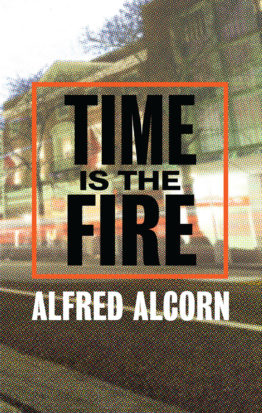
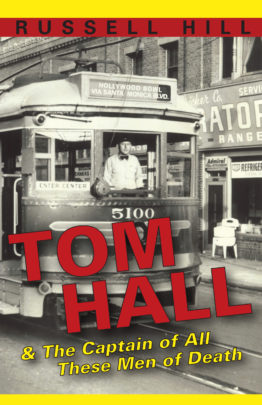
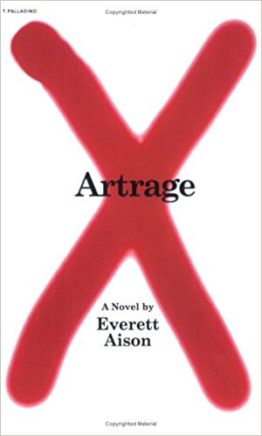
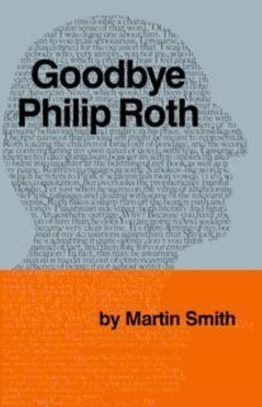

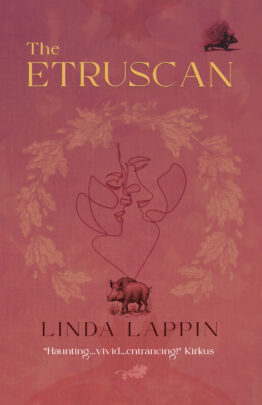

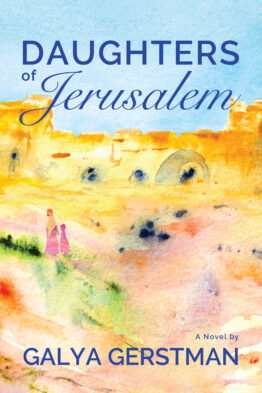
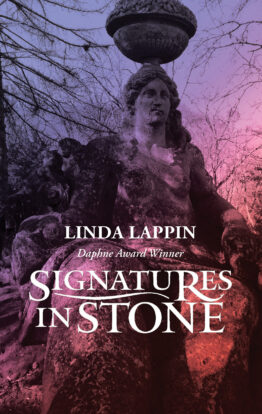
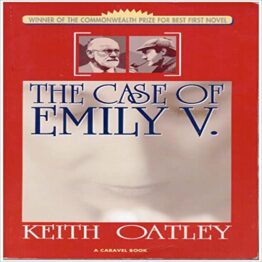
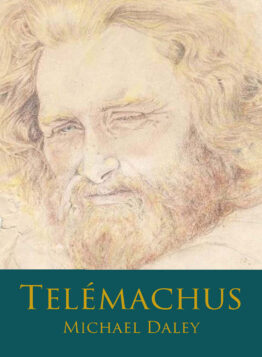
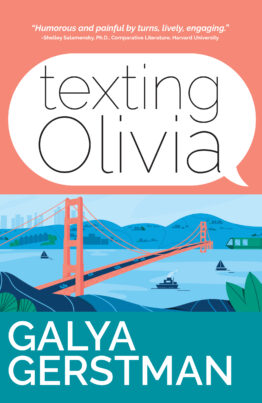


Harry Mathews –
Hurry Along presents us with many ordinary images and scenes made vivid and captivating by their writing; these alternate with dramatic and complex scenes that tell the story of the book the family life of a grandmother, her daughter, and her grandson in unpredictable fragments. The prose remains as lively as ever, but the fragments, rarely explained, remain shrouded in ambiguity, clarified only by an explicitly metaphorical commentary on the passage of the seasons. Reading, I repeatedly tell myself that I should stop and make a rational summary of what is happening, but I never do, always hurrying along in anticipation of new delights (and possible clarifications); but the condition of the delights is necessarily a tantalizing mystery; and that, ultimately, is the greatest delight of all in this ravishing and generous work.
Midwest Book Review –
Life happens tar too fast to truly break it down and understand everything about it. ‘Hurry Along’ is a novel from Sarah Plimpton that seeks to explore the fast-paced nature of our world and our attempts to put it all together. A riveting read that will do well in entertaining and making one think about the world, ‘Hurry Along’ is a strong pick for any literary fiction collection.
Paul Auster –
This is a novel about looking and breathing, about being alive in one’s own skin, about the physical properties of colors and flowers and light, about the transformative powers of the human eye. Plimpton’s strange mutating sentences make me think of Cezanne’s brush strokes, the exactitude of a rendered world at the precise instant it is perceived. Quietly, ever so quietly, Hurry Along is one of the most radical books I have read in years.